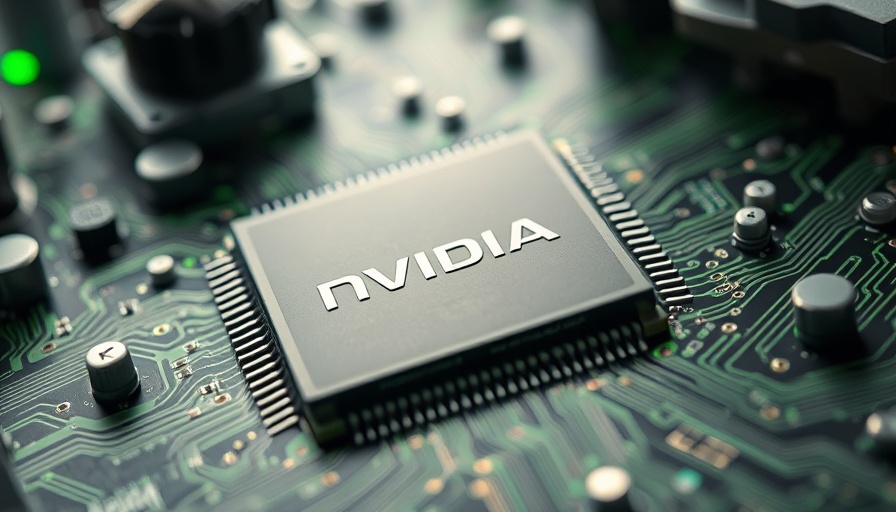
Your Privacy in the Hands of AI: The Meta App’s Disturbing Reality
In the realm of social media and technology, privacy has become a central concern for users. As digital interactions evolve, platforms like the Meta AI app are beginning to reveal significant issues in how personal data is handled and shared. Launched recently, the Meta AI app has come under fire for its alarming privacy breaches, as countless users unknowingly share private conversations and sensitive inquiries with the wider public. This app not only opens the door for potential misuse of information but also raises essential questions about trust in technology.
The Disturbing Trend of Public Sharing
When engaging with the Meta AI app, users can hit a share button that allows them to publish their conversations. However, a glaring concern exists as many users seem oblivious to the fact that their interactions—whether mundane or potentially incriminating—are shared publicly. From humorous questions about bodily functions to sensitive legal inquiries, users risk disclosing personal details in front of an audience they did not intend to reach.
For instance, an oversharing user, recorded in the app, innocently asks about why certain flatulence smells worse. While seemingly innocent, this behavior underscores a larger issue around the app's shared content rights and user awareness.
Illustrating the Risks: Real-life Consequences
An unsettling reality emerges as users, unaware of their public persona, reveal personal dilemmas such as tax evasion or family legal issues. Such situations exemplify the dangers of the app’s unrestrained sharing capability and the need for users to safeguard their private lives. As security expert Rachel Tobac pointed out, instances of sensitive information being shared—like home addresses or court details—serve as reminders of the potential fallout from a single careless post.
The Company’s Oversight: Where Did Meta Go Wrong?
The question arises: How can Meta, a global leader in technology, fail to implement clear user privacy guidelines? The absence of direct indications of where content is being shared or the privacy settings available to the users hints at a broader lack of responsibility. Meta's decision to make these private interactions visible is reminiscent of the infamous AOL incident, which highlighted the perils of publicizing pseudonymized searches. It's evident that lessons from previous data mishaps were not sufficiently absorbed.
Public Perception: Viral Embarrassment as a Strategy?
With the Meta AI app being downloaded 6.5 million times since its launch, the question of what marketing strategies prompt such interaction remains pertinent. Riding on public humiliation may provide short-term engagement, but it poses long-term implications for user trust and Meta’s brand image. One must consider whether public embarrassment is genuinely effective in attracting an ongoing user base, or if it merely sets the stage for user apprehension toward sharing.
What Should Users Know? Safeguarding Privacy in AI Interactions
As users engage more with technology, gaining awareness of privacy settings is paramount. Here are steps users can take to protect their information while interacting with AI applications:
- Adjust Privacy Settings: Always review and adjust privacy settings before using new apps. Know who can see your interactions.
- Be Mindful of Content: Consider the content being shared. If the information could be sensitive, think twice before posting.
- Educate Yourself on Data Sharing: Understand how various applications handle data. Listening to tech news updates can help keep you informed.
Looking Forward: Evolving Technology and Consumer Awareness
As emerging tech trends continue to shape interactions between humans and artificial intelligence, understanding privacy protocols remains essential in maintaining agency over personal information. The Meta AI incident illustrates a critical point in this discussion: the needs and responsibilities of both developers and users must align to foster a safe digital environment.
Future advancements should prioritize user transparency, creating a culture where user consent and data privacy are protected above all else. This not only ensures user satisfaction but also engenders a healthier marketplace where trust thrives.
 Add Row
Add Row  Add
Add 



Write A Comment